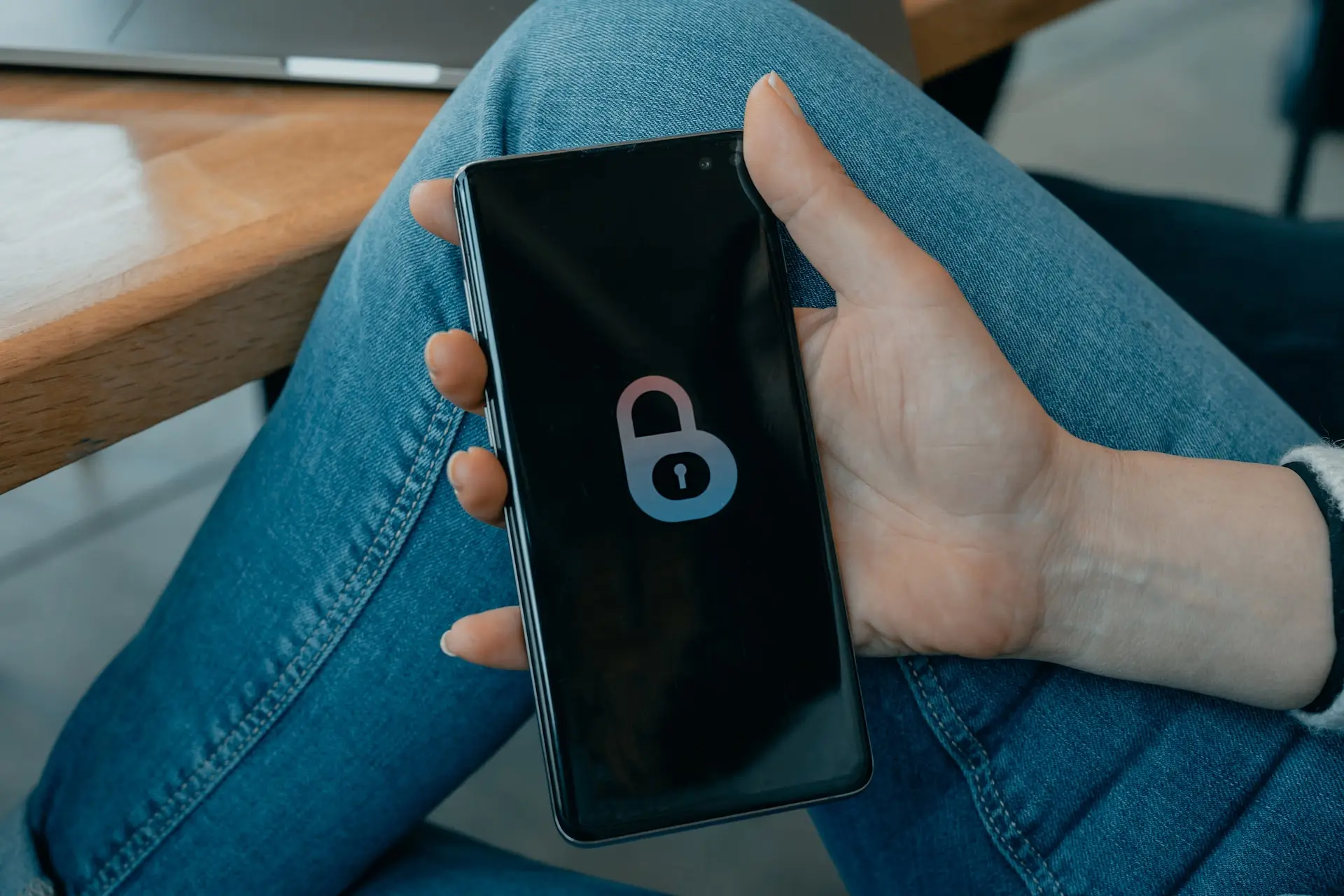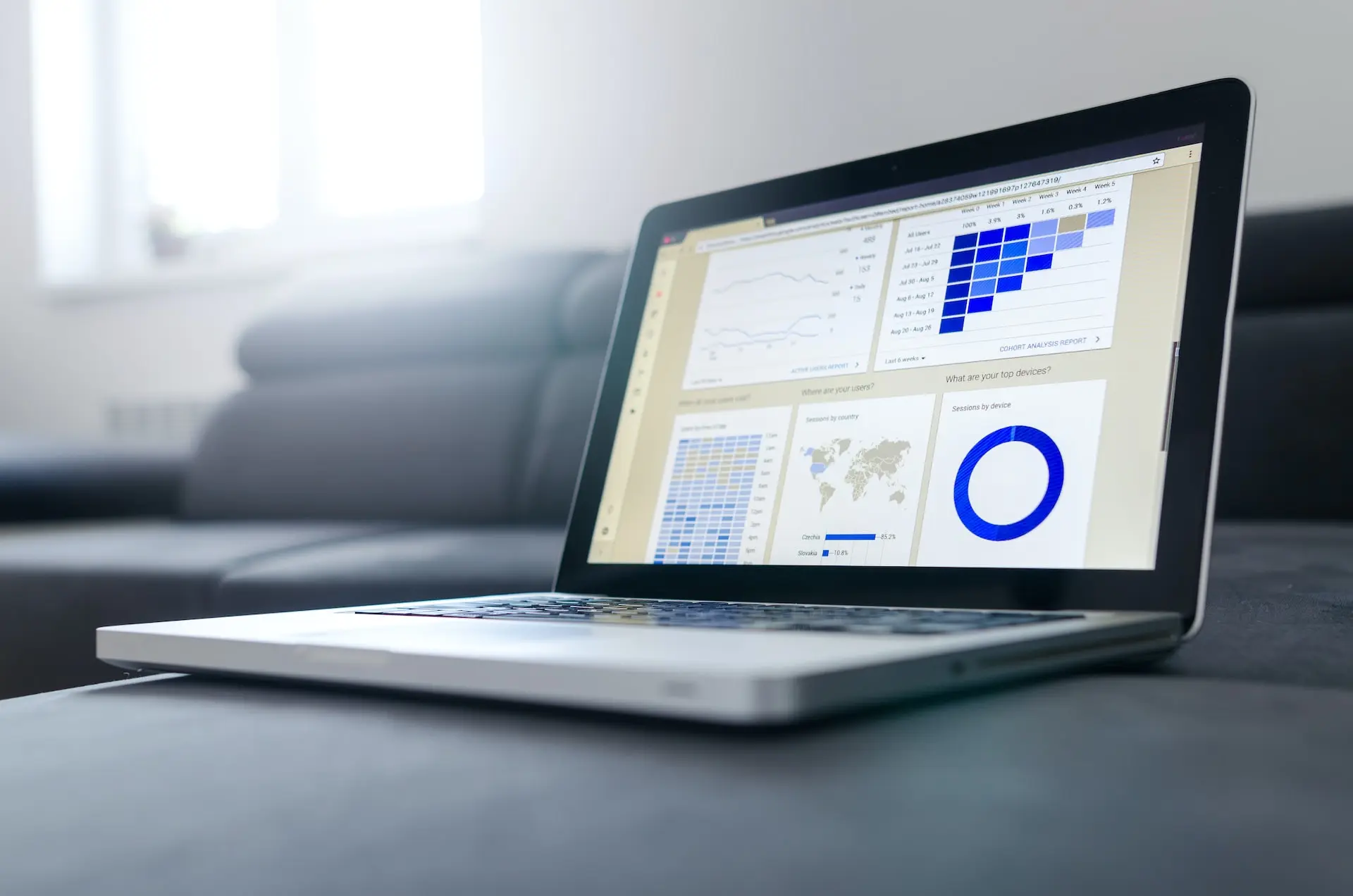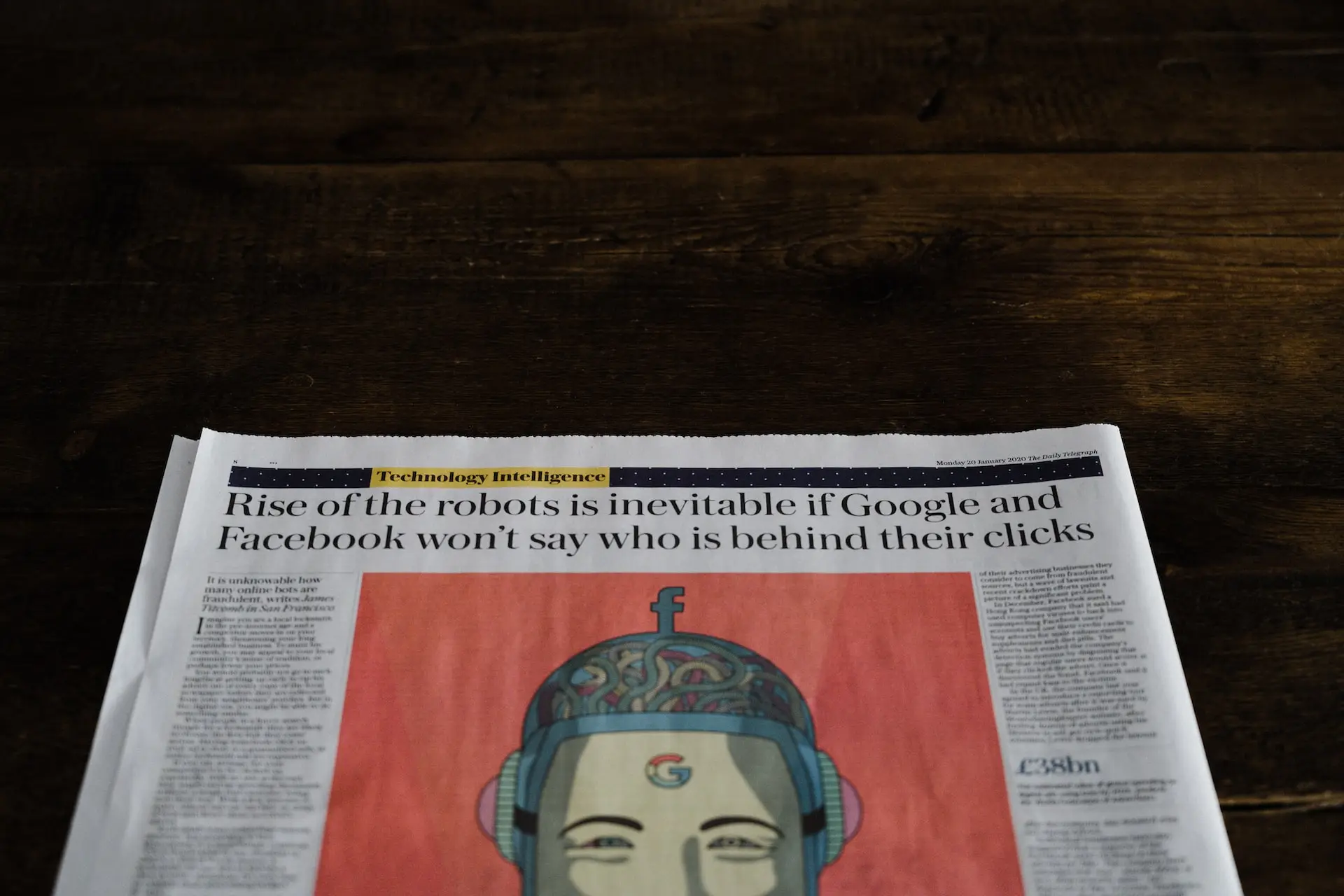As the internet continues to expand, protecting personal information has become increasingly difficult. Vast amounts of personal information circulating through computer networks has made protecting it a necessary task. Companies must comply with privacy regulations such as HIPAA, GDPR, or industry-specific rules to safeguard data, and it’s important to note that data privacy compliance is not limited to large enterprises and affects companies of all sizes.
Here are some numbers for you: Noncompliance with HIPAA regulations can result in penalties ranging from $100 to $25,000 per incident. And it’s getting more strict, from July 2020 to July 2021, GDPR violations increased by 113.5% and fines associated with these violations rose by 124.92%.
By 2024, it is estimated that 75% of the world’s population will be protected by one or more of these regulations. So, it is crucial to make data privacy a priority. To ensure compliance, you have to implement adequate safeguards in all data collection, storage, and transmission processes. Especially when it comes to Personally Identifiable Information (PII).
What is happening in Data Privacy Compliance and how does it affect you?
Generally speaking, trends in data privacy compliance often focus on further protecting personal information and increasing transparency for users. This can include updates to data protection policies, demands for increased encryption of personal information, and detailed explanations about how data is collected, used, and shared. On top of that, there may be a push for greater user control over their personal information, such as the ability to access, delete, or control the use of their data. Another trend we’ve noticed is that companies started implementing AI-based technologies and Privacy-Enhancing Technologies (PETs) to automate privacy compliance related process and to detect and respond to potential data breaches.
It is essential for any company to stay up to date with current regulations and trends in the field of data privacy in order to ensure compliance and protect the personal information of its users as well as their own bottom line.
Here are some of the biggest trends in Data Privacy Compliance that we expect to see in 2023:
Increased Scrutiny of Remote Employee Monitoring
The ongoing pandemic has led to a significant shift in the way companies operate, with many organizations now relying on remote or hybrid work arrangements. As a result, the way companies collect data has also changed, with some companies increasing their monitoring of employees working from home. However, this increased monitoring has raised concerns about data privacy. Organizations must ensure that their actions do not violate the rights of their employees. This is especially relevant when monitoring takes place on personal devices used for work.
For instance, a significant percentage of remote workers (almost 50%) use personal computers for work-related tasks, you’ve probably heard about “bring your own device” (BYOD) programs. While companies may implement endpoint device monitoring for security purposes, it is important to ensure that no personal data is collected or backed up without the employee’s consent. Such data should be considered the property of the employee and not the company.
Consumer Privacy User Experience (Privacy UX)
This is a trend that has emerged in late 2022 and it is all about empowering individuals with more control over their data privacy. Many regulations now mandate that apps and websites must be transparent about the data they collect, how they collect it, and how it is used. Additionally, consumers are given the option to request deletion or retrieval of their data.
To support this, there’s an increased emphasis on user experience in data privacy, which is referred to as consumer privacy UX. This is essentially a centralized platform that allows individuals to access and manage their privacy settings across multiple apps, providing them with more visibility and control over their data.
Consumer privacy UX regulations affect businesses in several ways:
- Compliance Costs: Businesses have to invest resources into building and maintaining a centralized privacy portal, as well as updating their data collection and management practices to meet the new regulations.
- Transparency: Businesses have to provide clear and transparent information to consumers about what data is being collected, how it is being collected, and how it is being used.
- Data Management: Businesses have to provide consumers with the ability to access and control their data, including the option to request that data be deleted or returned. This can require significant changes to data management systems and processes.
- Risk management: Businesses have to ensure the compliance of their activities and increase efforts in risk management to avoid any penalties or fines.
As you can see, Consumer privacy UX regulations can be a significant undertaking for any businesses. But at the same time, by implementing best practices in privacy and data management you may are building trust with your customers and improving your brand’s image.
Data Localization Issues
When the social app TikTok gained popularity, one of the major concerns was the location where user data was stored. Being a China-based company, people were worried about the privacy of their data as it was stored on servers owned by the Chinese government, which has different data privacy rules than the US and other countries.
Data localization, which refers to the practice of storing data in specific geographic locations, is becoming more common. As organizations become more aware of where their cloud data is being stored, they are also becoming more mindful of the privacy rules and regulations that govern those servers. This has led to companies and governments asking cloud providers about the location of their data. With an increasing desire to keep data as close to home as possible.
Why is data localization such a big deal?
It’s not just a big part of Data Privacy Compliance but also good practice that improves performance, security, and business continuity. Storing data in a specific geographic location can help reduce the risk of data breaches and unauthorized access, reduce latency of apps and services working with this data, and help ensure that organizations maintain control over their data, even after floods, fires, and other damages to their infrastructure.
AI governance and Privacy-Enhancing Computation (PEC)
AI technology can be found in many everyday applications such as text predictions in word processing software and image editing tools. and given the prevalence of AI in various applications, it’s no surprise that it also plays a significant role in data protection. However, it raises new concerns on what happens when there’s a problem with the AI.
This is where AI governance comes into play. It’s a newer trend in data privacy that aims to address the issues that arise when AI is extensively used throughout the data journey. It helps ensure that automated processes don’t accidentally compromise sensitive data. The key of AI governance is to ensure that the AI follows data privacy regulations, and to provide transparency and traceability on the decisions and actions taken by the AI.
The concept of “data privacy by design” is a recent development in the field of data privacy. One way this is being achieved is through the use of privacy-enhancing computation (PEC) in artificial intelligence and cybersecurity. PEC is a built-in component of software and apps that can automatically address privacy concerns by protecting data during the design phase, rather than as an afterthought.
When shopping for business tools, it can be beneficial to look for PEC components in data analytics to ensure that privacy concerns are taken into account during the design phase. This can help provide added value to clients and make data protection more automated.
When Is the Last Time You Had a Compliance Check?
How is your data privacy compliance? Are you worried that a lack of controls may lead to penalties? If so, please give us a call! Our team can assist you with a compliance checkup to ensure that your data privacy measures are up to standard. EB Solution has more than a decade of experience helping out businesses of any sizes with their IT challenges. So, feel free to schedule a free virtual meeting with us at any time convenient for you. Or leave us a message on our Contact Us page, and will get back to you to answer your questions.




